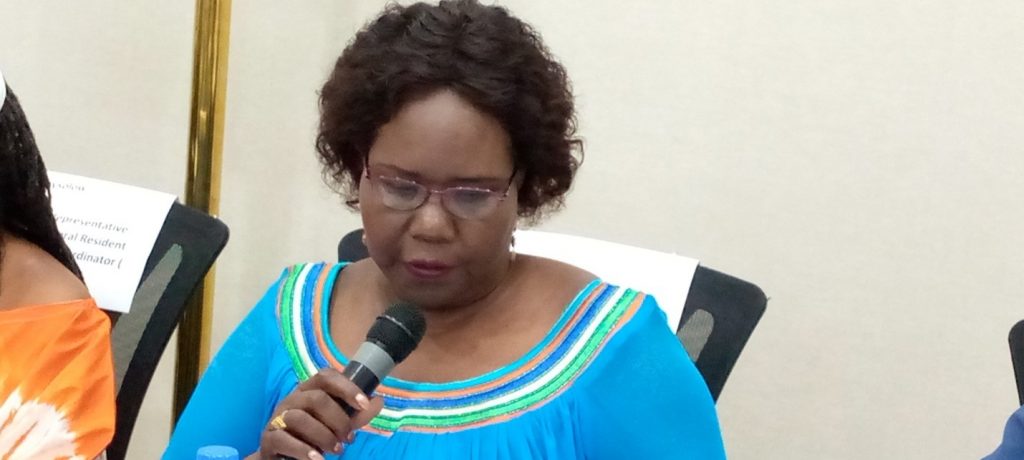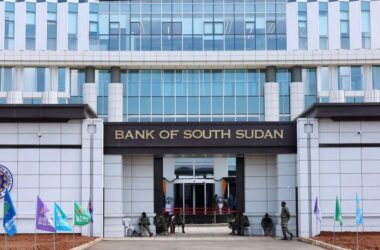
By Taban Henry
The South Sudan National Minister of Agriculture and Food Security has decried the recent budget allocated to the Ministry of Agriculture and Food Security citing it as far from the Comprehensive Africa Agriculture Development Programmes (CAADP) target that African Countries agreed upon in Malobo.
Earlier in 2014, the African Union member States adopted the Malabo Declaration on accelerated agricultural growth and transformation for the shared prosperity and improved livelihood among the African Countries.
The declaration provides directions to transform the agricultural sector in Africa for the period of 2015-2025 within the wider framework of the Comprehensive Africa Agriculture Development Programmes.
Following this year’s report that was announced earlier last week indicating an estimated 7.74 million people of 62.7 percent of the population across the country slated to face acute food insecurity during the lean season between April and July, according to the integrated latest food insecurity phase classification (IPC) analysis.
The report indicated that from the period of February to March this year, an estimated 6.83 million people of 55.3% of the population are facing (IPC phase 3) or worse acute food insecurity, of which 2.37 million people are facing emergency (IPC phase 4) acute food insecurity adding that 87,000 people are likely to be in catastrophe (IPC phase 5).
Addressing the Media during the release of the report on the food security and Nutrition situation in the Republic of South Sudan Josephine Joseph Lagu who is the Minister of Agriculture and Food Security hinted that the budget allocated to its ministry does not meet the Comprehensive Africa Agriculture Development Programmes (CAADP), target that African Countries agreed upon in Malobo.
“We are guided by the Comprehensive Agriculture Master Plan (CAMP) and the Irrigation Development Master Plan (IDMP) to invest in crops, livestock, fishery, forestry and institutional development. Unfortunately, the budget allocation to the Ministry of Agriculture and Food Security is about 2% which is far from the CAADP 10% target that African Countries agreed upon,” she stated.
Josephine stated that most of the food and nutrition insecurity in this country reside in macroeconomic management adding that they reside majorly in the slow pace of the peace agreement’s implementation and the weak institutional and governance frameworks.
“We must refocus our attention and redirect resources towards resilience building and strengthening the institutional setup and food system governance frameworks,” she added.
Josephine cited that rural and urban markets were better integrated into the national economy by supporting farmers and entrepreneurs to improve agricultural production, processing and distribution facilities.
She pointed out that the transport and communication infrastructure has to facilitate food distribution from food surplus to food deficit areas.
“It requires dedicating sufficient resources to infrastructure, technology and innovations in agriculture to improve the diversity and quality of food and support the entire food system,” she stressed.


